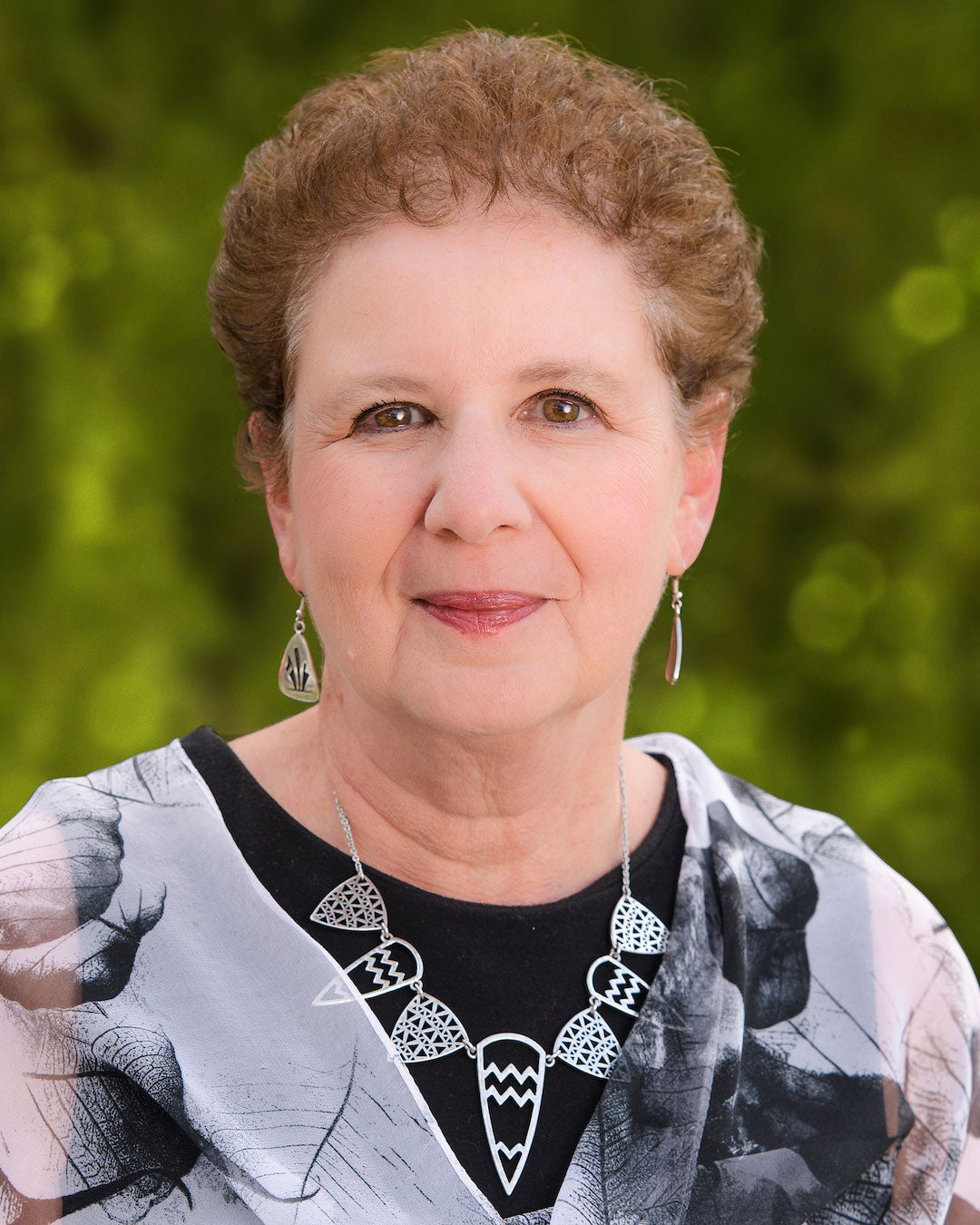Teacher Appreciation Week starts on Monday and is celebrated annually the first week of May. But here’s the catch — not all teachers like it.
Many appreciate and deeply value the individual expressions of thanks from students and families. But they also can’t help thinking that such forms of appreciation shouldn’t be mistaken for the kinds of systemic innovations that would actually improve education for learners and teachers.
ASU News spoke to Mary Lou Fulton Teachers College Dean Carole Basile about Teacher Appreciation Week and how the general public can show proper respect to the profession.
Question: What does Teacher Appreciation Week mean to you?
Carole Basile
Answer: Well, at Mary Lou Fulton Teachers College, we refer to education as the world’s most important profession. Every other profession or area of domain expertise requires people who can teach that profession or subject area. So, for starters, Teacher Appreciation Week is a good time to remember that we don’t get engineers or lawyers or economists or rocket scientists or the people who are going to cure cancer and settle Mars without teachers.
Every year at convocation, I look at our graduates and remind them that educators have always been responsible for the most important changes in individuals and in societies.
So I think the impulse behind Teacher Appreciation Week is generous and authentic. I also think it’s not enough.
Q: Why isn’t it enough?
A: I always think about how teachers would feel if we truly appreciated them 52 weeks a year. What would schools and school systems look like if we thought about the working conditions of teachers all year long?
Schools should be places where people want to work. A recent study by the EdWeek Research Center paints a picture of a profession in crisis. Among the findings was that less than half of teachers surveyed say the general public respects them and views them as professionals. Compare that to 77% who felt respected in 2011.
We read about teacher shortages in the news all the time.
The fundamental problem is not merely that we have a shortage of credentialed teachers. It’s that not enough of the credentialed educators we do have want to do the job.
Q: Why is that?
A: Too often, in too many schools, the job of being a teacher looks pretty much the same on Day 3,000 as it does on Day 1. It’s too isolating and inflexible, and there are too few meaningful paths of career advancement.
That’s why the Next Education Workforce initiative at Mary Lou Fulton Teachers College is so important. It’s about making educational jobs simultaneously more desirable for educators and more effective for learners.
Q: How would these models make teaching a more desirable profession?
A: By treating education as a profession!
Next Education Workforce models seek to deliver deeper and personalized learning via teams of educators with distributed expertise. The approach is rooted in the recognition that the one-teacher, one-classroom model is not capable of reliably serving the distinct individual learning needs of students; and, as the attrition statistics make clear, it fails to provide a satisfying or rewarding working environment for enough teachers.
So I guess that’s the difference between expressing appreciation and building systems that actually value the work that teachers do – and that give them the kinds of opportunities for professional collaboration, advancement and efficacy that people in other professions have come to expect.
So, as individuals, let’s appreciate the teachers in our lives and thank them.
As a society, let’s do more.
Top photo by Selimaksan/iStock
More Arts, humanities and education

Different ways of thinking, different ways of thriving: How ASU is supporting students with autism
According to the CDC, over 5.4 million adults in the U.S. are living with autism spectrum disorder, a condition that affects how individuals interact with others, learn and process information.…

Forever sewn in history
The historical significance of Black influence on fashion spans centuries. From the prints and styles of Africa to various American political climates, Black fashion has sealed its impact on the…

The Poitier Film School hosts Emmy-winning ‘Shōgun’ costume designer Carlos Rosario in LA
The Emmy and Golden Globe award-winning blockbuster FX series “Shōgun” doesn’t just have audiences in its thrall, but the creators who brought it to life, as well.“When the show came out, it just…

